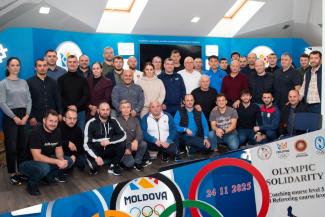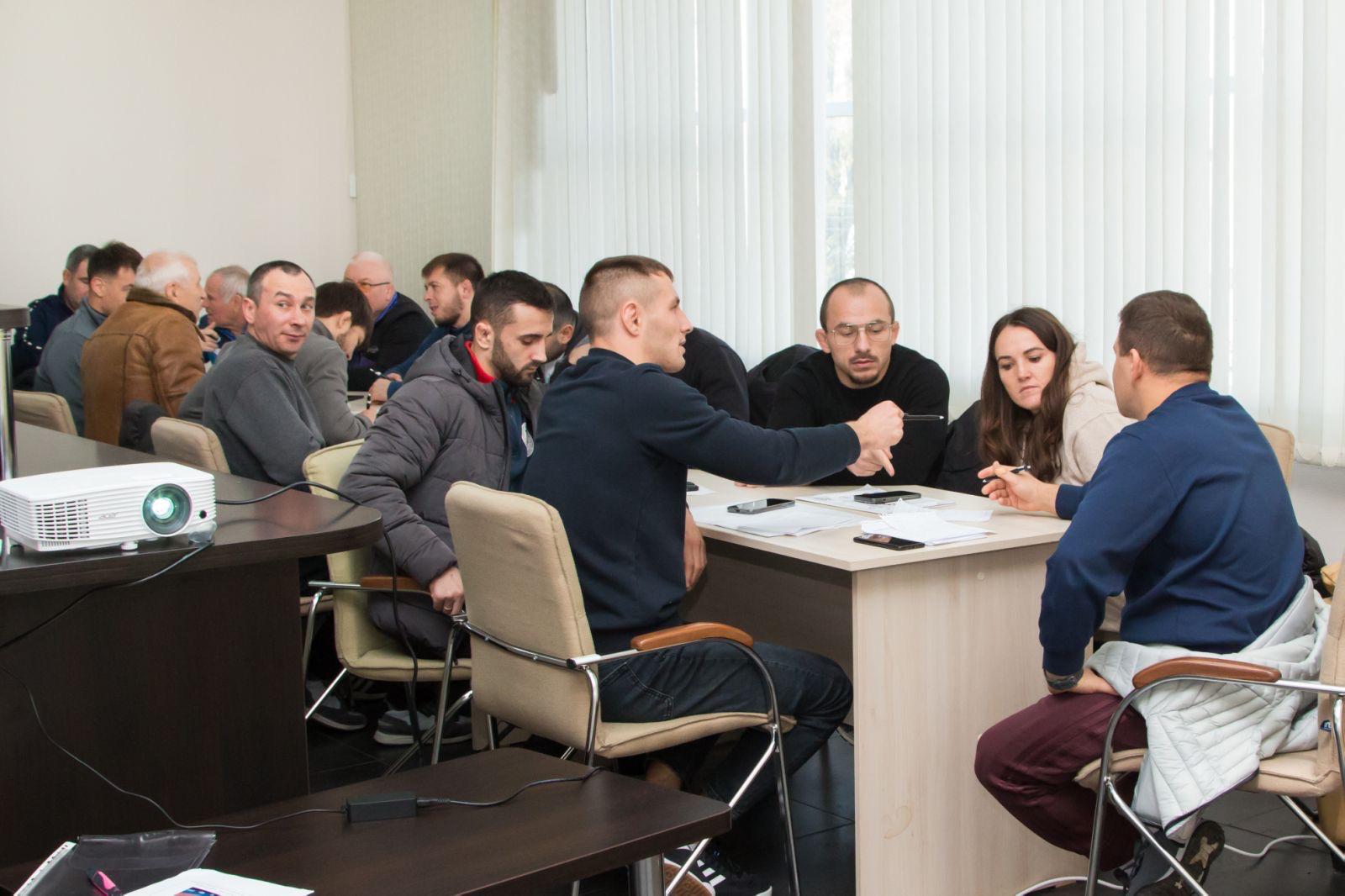Wrestling Academy Bern gets new training facility
Monday, December 5, 2022 - 10:36 By United World Wrestling Press

BERN, Switzerland (December 5) -- Wrestling Academy Bern officially opened a new training facility in Bern last month with much celebration. With an aim to bring wrestling out of the shadows in Bern and Switzerland, WAB has been making consistent efforts and celebrated a successful year with the opening of the new club.
The United World Wrestling has also donated equipment to WAB and has overviewed the constant progress of the club.
Around 130 guests attended the opening and among them were companions and supporters of the WAB, who contributed in various ways to the successful year of the young club.
The club was founded in 2018 and set itself a goal of constructing and expanding the training premises which was completed on November 25.
“Sport unites! The guest list is a mixed bag of people who are seeing a wrestling mat for the first time today and others who have been in the sport their whole lives," Robin Pietschmann, Team Manager, said emphasizing how representative the event is of an important cornerstone of the WAB.
The club was sourced via a crowdfunding project, which was carried out in the spring of 2022 on the “I believe in you” platform.
"The occasion is therefore also an opportunity for us today to say a big merci to those who have diligently supported and donated," Nadine Pietschmann added at the opening.
The WAB has successfully achieved promotion to the National League B [Swiss Wrestling Challenge League which the active team achieved a few weeks ago.
The Swiss Wrestling Federation also sent a representative to this special occasion. The head of the league, Gabriel Christen, congratulated the Wrestling Academy Bern on the new club and training facility and also emphasized the exemplary youth work of the young club.
"Nothing is as old as yesterday's success," emphasized Robin Pietschmann at the end, which in no way diminished the joy and pride of what was achieved. He also pointed that the next steps will be much more difficult than the previous ones.
The official part ended with a demonstration by some members of the WAB active team. The interested audience got a spectacular insight into the training operations and also into the basics of wrestling.



Share your thoughts.
Comments